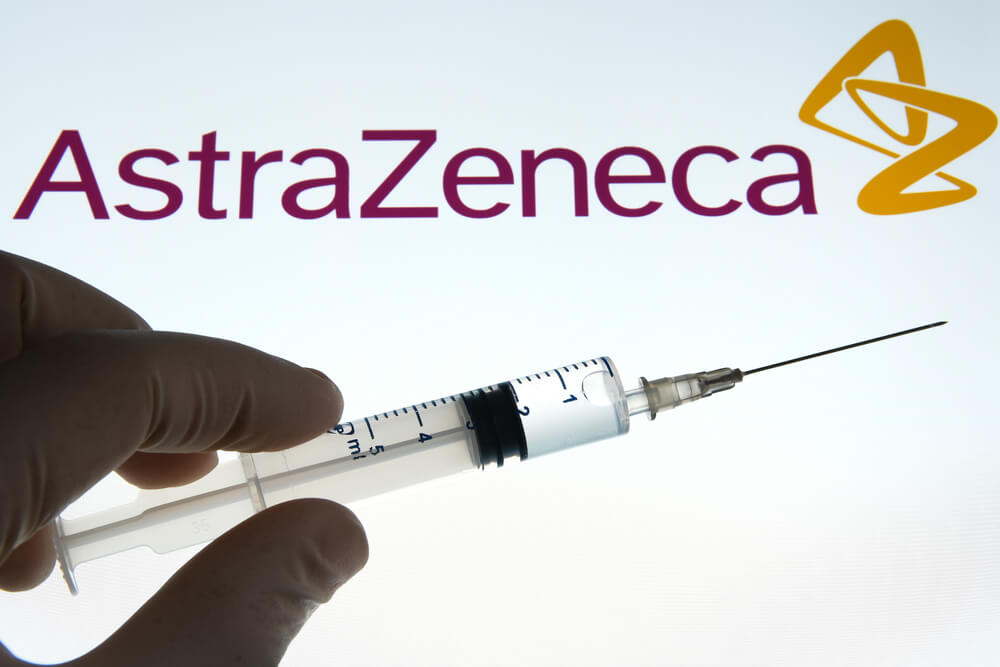



Get new exclusive access to healthcare business reports & breaking news




AstraZeneca, the developer of one of the pharmaceutical industry’s first COVID-19 vaccine, recently announced that it will acquire US-based Alexion for $39 billion.
Under the terms of the agreement, AstraZeneca, British-Swedish multinational pharmaceutical and biopharmaceutical company, indicated that Alexion shareholders will receive $60 in cash and around 2.1 from the company’s US-listed shares for each share of Alexion they own.
Alexion Pharmaceutical is valued at $175 per share, a 45% premium compared to a recent closing price of $121 per share. After the deal, Alexion shareholders will own around 15% of the combined company.
While the boards of both companies unanimously approved the acquisition, which should close by the third quarter of 2021, the deal still needs regulatory approval before it can go ahead.
Chief executive of AstraZeneca, Pascal Soriot, said, “Alexion has become established as a leader in complement biology, advancing life-changing benefits to patients with rare diseases. This acquisition allows AstraZeneca to enhance its presence in immunology.”
Chief executive of Alexion, Ludwig Hantson, said, “We bring a strong portfolio to AstraZeneca, a talented global workforce, an innovative rare disease pipeline and robust manufacturing capabilities in biologics.”
Alexion is best known for developing Soliris, a drug used to treat the rare disorders paroxysmal nocturnal hemoglobinuria (PNH) and atypical hemolytic uremic syndrome (aHUS).
Alexion’s drug Strensiq was approved by the FDA to treat hypophosphatasia, a rare metabolic disorder.
Finally, Alexion acquired the drug Kanuma, along with its acquisition of Synageva. Kanuma is used to treat the fatal genetic disorder, lysosomal acid lipase deficiency. That genetic disease causes fatty material to build up in the liver, blood vessels, and other tissues. The company has estimated that Kanuma could reach annual sales of more than $1 billion.
The stock and cash acquisition of the US-based biotech, which specializes in rare diseases, will advance AstraZeneca’s position in immunology; AstraZeneca already places much of its focus on cancer treatments as well as respiratory, renal, cardiovascular, and metabolic diseases.
The acquisition comes on the heels of months of speculation that AstraZeneca was searching for a big target, to take advantage of the company’s soaring share price that has seen the pharmaceutical company become one of the biggest on the UK’s blue-chip index.
As part of its effort to combine the two companies, the European pharmaceutical giant plans to open a new research and development headquarters in Boston.
Recently, AstraZeneca, which is developing the AZD1222 COVID-19 vaccine with Oxford University, announced that it would collaborate with the Russian Gamaleya Research Institute to test a combination of their respective COVID-19 vaccines.
The trial will include people aged 18 and over, to test whether a combination of the AstraZeneca COVID-19 vaccine and the Russian vaccine can offer better protection from the coronavirus.
The Russian COVID-19 vaccine, known as Sputnik V, is an adenoviral-based vaccine that uses a weakened virus to deliver minute levels of the pathogen to stimulate an immune response.
On the other hand, AstraZeneca’s AZD1222 COVID-19 vaccine is made from a different virus (ChAdOx1) which is a weakened common cold virus (adenovirus) that affects chimpanzees, not humans. The chimp virus has been genetically modified so that it can’t replicate in humans.
Genetic material o the chimpanzee virus, which is then used to make Spike glycoprotein from the SARS-CoV-2 coronavirus. This protein plays a vital role in the infection pathway of COVID-19. In this way, researchers hope that the body recognizes and develops an immune response to the Spike glycoprotein to prevent the SARS-CoV-2 virus from entering human cells and thus preventing infection.